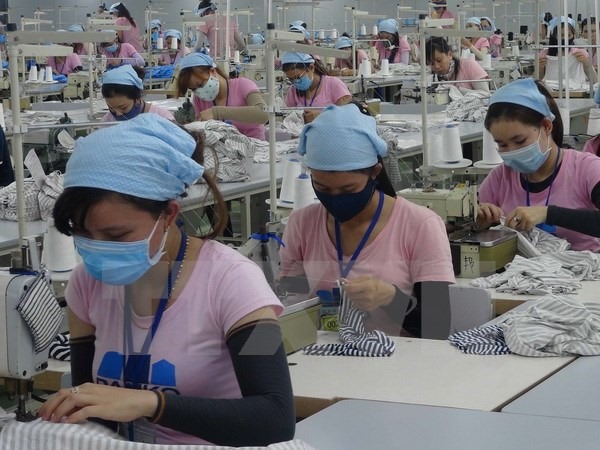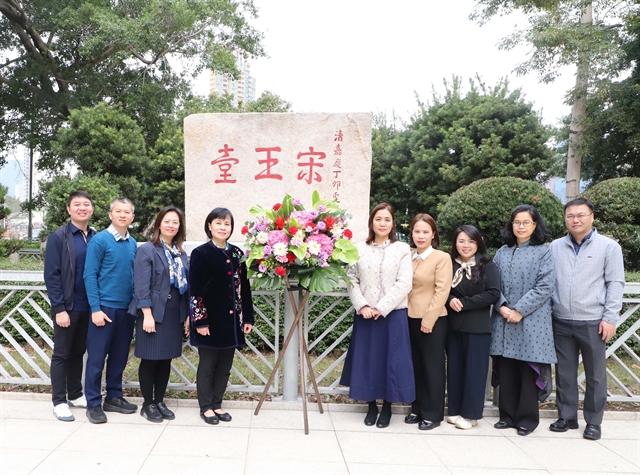 Society
Society

Some 300-400 engineers are needed every year by the yarn, fabric and dyeing sectors while universities supply only around 30, experts said.
 |
| Garment and footwear are among sectors on which the effects of automation and industrialisation will be enormous. — VNA/VNS Photo Đoàn Hữu Trung |
HCM CITY — Some 300-400 engineers are needed every year by the yarn, fabric and dyeing sectors while universities supply only around 30, experts said.
Besides, according to Hoàng Xuân Hiệp, principal of the Hà Nội Industrial Garment and Textile University, trained workers only account for around 25 per cent of the workers in the sector.
Again there is a training shortfall. For instance, 11 schools in HCM City offer training in textile and garment-related skills and produce 1,900 graduates a year, but demand in the city runs into several thousands.
Hiệp said the remaining 75 per cent of workers in the sector are not trained or are trained for less than three months.
“That is a great challenge to the textile and garment industry in meeting the requirements of productivity, quality and fashion trends.”
Fashion designers are not capable of designing and overseeing production on a large scale they are trained mostly in small-scale production.
The Party Central Committee’s Economic Commission has said that the fourth industrial revolution, which is ushering in automation, is reducing the need for manual labour in the textile industry.
In Việt Nam 86 per cent of garment and footwear workers are expected to be affected by the labour-replacement process.
The annual demand for workers is expected to rise to 60,000 by 2025.
But the demand for unskilled labour will be only around 50 per cent of that, with workers with intermediate- and college-level training and technical training accounting for the rest.
On the other hand, the demand for skilled engineers is increasing, according to the World Bank.
In countries adapting more slowly to the technological changes, the labour-replacement process would also be slower, it said.
Việt Nam should focus on developing modern skills for its young people, the bank added.
Experts have said it would be essential to train workers to modernise production in the country. — VNS




